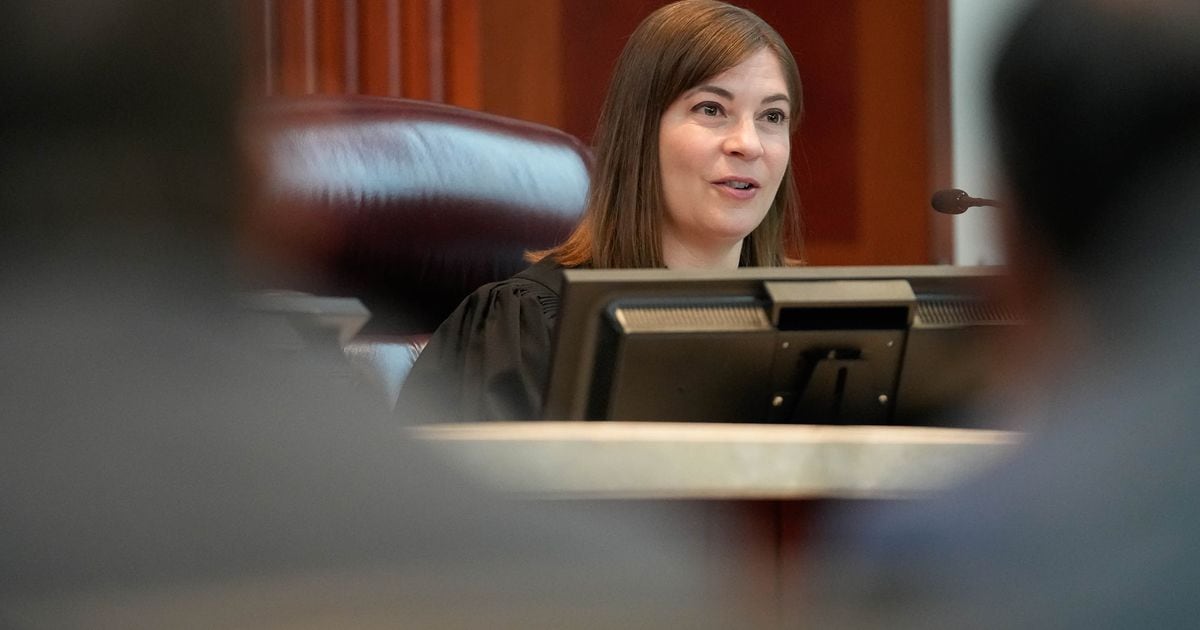- Joined
- Jun 8, 2022
- Messages
- 5,567
So I happened on this article while looking for something else and found it very interesting. Utah Supreme court ruled that you don't have to provide your cell phone passcode to police - even if a judge has issued a search warrant specifically for it - because it violates your 5th amendment constitutional protection of being forced into self incrimination.
I found it interesting. Obviosly only applies to Utah so far, but it is an interesting example of how laws are finally catching up to modern technology and communications.

 www.sltrib.com
www.sltrib.com
I found it interesting. Obviosly only applies to Utah so far, but it is an interesting example of how laws are finally catching up to modern technology and communications.

Do you need to give cops your cellphone password? Here’s what the Utah Supreme Court says.
If police obtain a warrant to search a cellphone, is the owner legally required to tell law enforcement the password to access it? Not under the Fifth Amendment protection against self-incrimination, the Utah Supreme Court ruled on Thursday.
